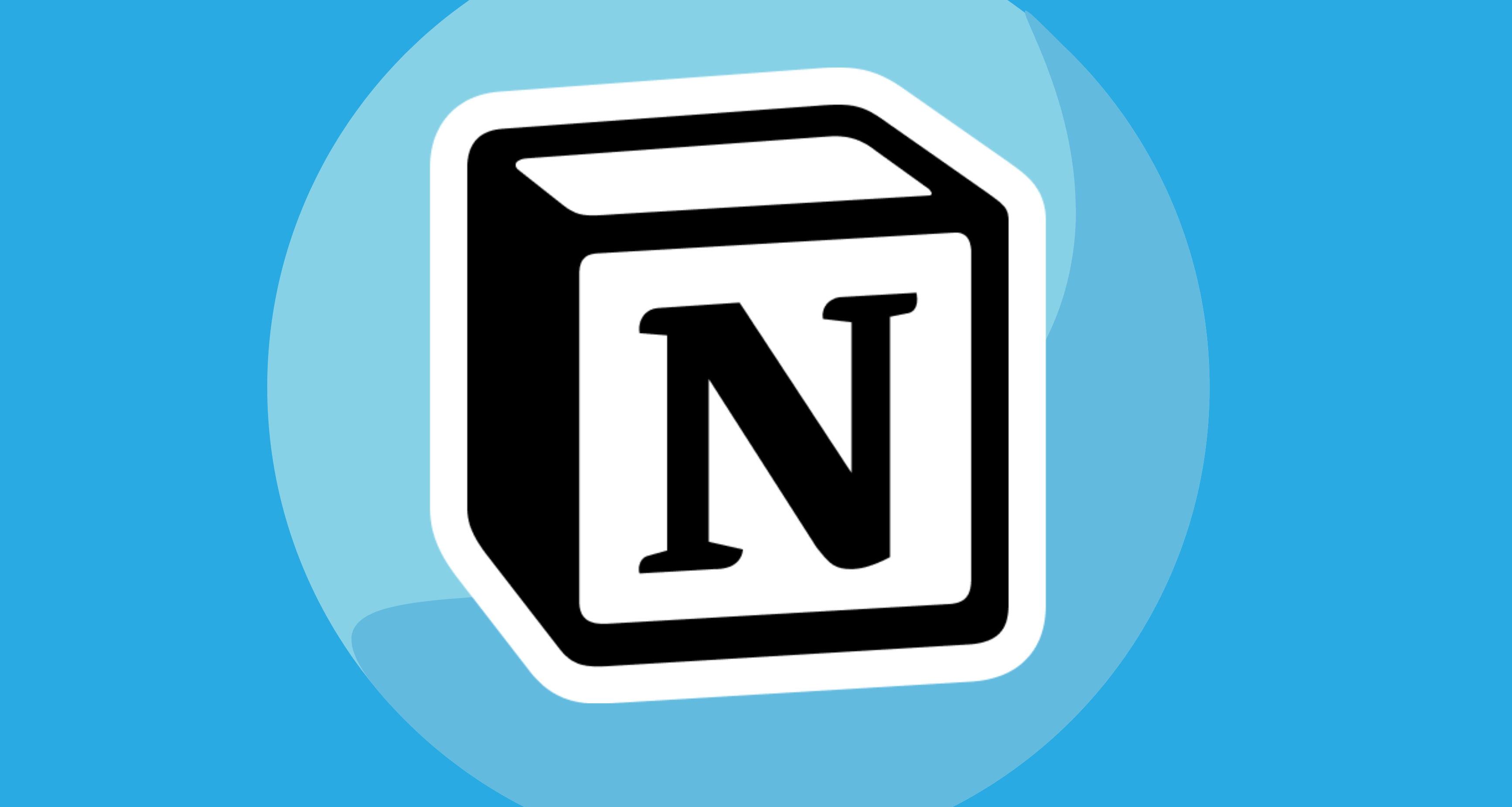
Notion is a popular productivity app that allows users to create, organize, and collaborate on various types of content. It offers a wide range of features and customization options, making it a versatile tool for individuals and teams alike. However, when it comes to handling sensitive patient information in healthcare settings, one important question arises: Is the app Notion HIPAA compliant? We will explore the answer to this question and discuss the implications for healthcare organizations.
Understanding HIPAA Compliance: The Importance of Adhering to Regulations
The Health Insurance Portability and Accountability Act (HIPAA) is a federal law that sets standards for safeguarding protected health information (PHI). Its primary goal is to ensure the privacy and security of patients’ personal medical records.
To be considered HIPAA compliant, an app or platform must adhere to strict guidelines regarding the following:
- Data Protection
- Access Controls
- Audit Logs
- Encryption
- Other Security Measures
- Business Associate Agreements
Notion’s Security Measures: Looking at the App’s Data Protection
Notion does offer some security measures to protect user data. For example, it provides SSL/TLS encryption during data transmission to prevent unauthorized interception. Additionally, it employs AES-256 encryption at rest to secure stored data. These encryption methods help protect sensitive information from being accessed by unauthorized individuals.
Furthermore, Notion allows users to set up two-factor authentication as an additional layer of security. With two-factor authentication enabled, users are required to provide a second form of verification – usually, a code sent via text or generated by an authenticator app – in addition to their password when logging into their account. This feature helps prevent unauthorized use and disclosure even if someone knows the user’s password.
Limitations Regarding Notion HIPAA Compliance: Challenges & Constraints
Despite the security measures Notion has implemented, it does not explicitly state its compliance with HIPAA regulations on its website or within its terms of service. This raises concerns for healthcare organizations looking for a secure solution to store and manage patient PHI while maintaining compliance with HIPAA.
Furthermore, Notion’s free plan does not offer any additional security features beyond what has been previously mentioned above. To access advanced security measures such as activity logs and version history, users need to upgrade to the paid Personal Pro or Team plans. However, even these plans do not mention HIPAA compliance as a part of their offerings.
Notion HIPAA Compliance: Ultimately Why It Doesn’t Fit the Bill
Despite its versatility and user-friendly design, Notion ultimately does not meet the requirements for HIPAA compliance at present. There are several reasons why.
1. Data Encryption
One of the key requirements for HIPAA compliance is ensuring that sensitive information is encrypted both at rest and in transit. While Notion uses SSL/TLS encryption during transmission to protect data in transit between devices and servers, there is no official statement from Notion regarding encryption at rest.
2. Business Associate Agreement (BAA)
Under HIPAA regulations, any service provider or vendor who handles PHI on behalf of a covered entity must sign a Business Associate Agreement (BAA). A BAA is a legal contract that outlines the responsibilities and obligations of both parties for safeguarding PHI. Notion does not offer BAAs, making it difficult for healthcare organizations to use the app for managing patient information.
3. Audit Controls
HIPAA requires covered entities to implement mechanisms for recording and examining system activity. These audit controls help identify any unauthorized access or breaches in security. Notion lacks comprehensive audit log features, which makes it challenging to monitor and track user activities related to sensitive data.
4. Data Storage Location
HIPAA also mandates that healthcare organizations know where their data is stored and ensure it is within the United States or in countries with similar privacy laws. However, Notion’s data storage locations are not disclosed publicly, raising concerns about compliance with this requirement.
Is Notion HIPAA Compliant?
In conclusion, while Notion does offer some security measures to protect user data, it does not currently meet the criteria for being HIPAA compliant. Healthcare organizations should consider alternative apps that explicitly state their compliance with HIPAA regulations and offer business associate agreements. By choosing a HIPAA-compliant app, healthcare professionals can ensure the privacy and security of patient information while benefiting from the convenience and efficiency of digital solutions.









